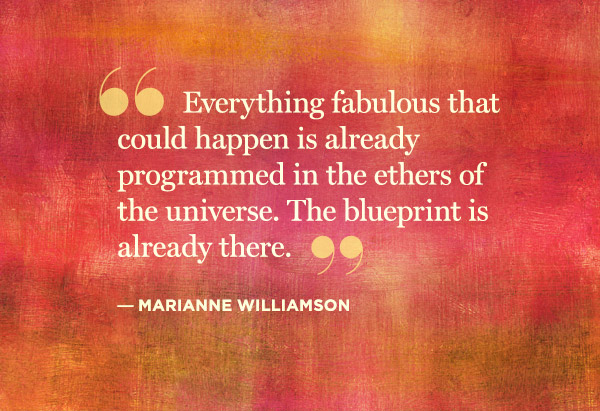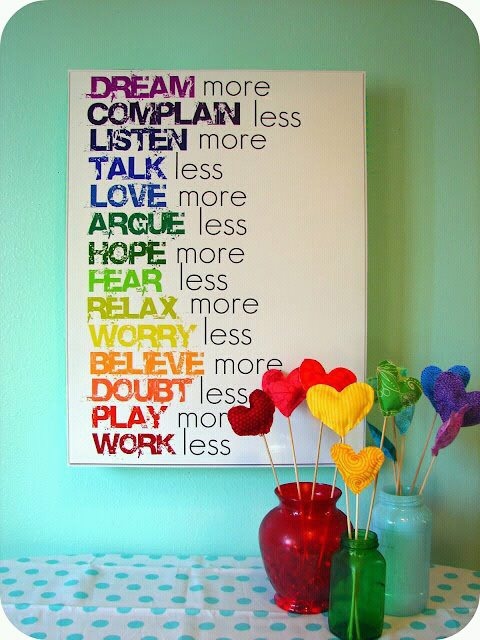“Once you make a decision, the universe conspires to make it happen.” – Ralph Waldo Emerson
In order to improve the quality and confidence you have in the decisions you make, as well as developing more trust in the decisions others make, consider the impact your emotions, vision and needs have on your decision making process.
If you think about it, your decisions are the only things you are truly accountable for in your life.
Everything you say or do is a result of a decision you have made. The benefit of making better decisions is to reduce anxiety and increase happiness.
Learning to make better decisions is possible by following these three strategies:
1. Manage Your Emotions
Decision making is an emotional event. Emotions bog you down and cloud your ability to make good decisions. Medical science has shown that we make decisions emotionally, not rationally. The data behind this theory points to a small, almond-shaped part of the brain called the amygdala.
The amygdala receives the information before it is passed on to the cognitive part of your brain. The amygdala is primarily responsible for controlling our “flight vs. fight” responses. Its purpose is to help us react quickly, without really thinking through the situation.
Based on this theory, science also suggests that 78% of what you think is wrong. Therefore, controlling your emotions and changing how you think is a big contributor to making better decisions. To do this, you must work on your emotional state. Here are a few ideas:
– When confronted with a decision, create a visual image of a blank slate. Try not to allow any other thoughts or feelings interfere with this image. This blank slate represents your true starting point for making a proper and quality decision.
– Pay attention to your body’s physical clues. Lower your voice, calm down and focus on not making any sudden moves. Stay in control to better control your ability to make a rational decision.
– Don’t get too high, or too low when confronted with a tough decision. Instead, try to visualize, in advance, the outcome of your decision. Consider what will be beneficial and what might be problematic.
– Practice. Just like refining your golf swing or writing a blog, the more you do anything the better you will become at doing it.
2. Create a Vision
Your decisions are also formed by your vision. When you see something, clearly and personally, your opportunity to make a better decision is improved.
Consider wearing seat belts in your car. Many studies have proven, without a doubt, that wearing a seat belt can dramatically improve your chances of surviving a car accident. So, why do some people ignore this? Because they have not visualized the outcome of their decision.
If someone you know refuses to wear a seat belt, ask that person what he or she think would happen if they were traveling down the highway at 70mph and hit a tree? Ask them to visualize what this would look like. Perhaps, a different decision would be made.
3. Control your Needs and Neediness
Buying a new car is a difficult decision.
Car salespeople love needy people. The needier the potential customer is, the better the sales person chances are for making a sale – a much higher sale. Many times, when people are in the process of buying a car they get caught up with the emotional aspects of owning a car.
They believe they need to have all of the bells and whistles like an installed DVD player, leather seats and sun roof. These are really just wants, not needs, but their amygdala is kicking in and the person is about to fall in the 78% again.
When you are needy, you are in greater danger of making a bad decision. Instead, replace your neediness with confidence. If you are not feeling particularly confident, step back and ask what a confident person would do in this situation. This will give you a path to follow.
Bringing It Together
Good decisions result from good choices. While you can’t control the choices others make, you are in full control of your choices and decisions. Use this knowledge as a source of empowerment and freedom. Better decisions do indeed lead to greater happiness and success.
About Alex Blackwell
Alex Blackwell is a father, husband and writer. He writes about inspiring things at The BridgeMaker.
Web | Inspiring Things | Free eBook: How to Love Consciously
More from Beliefnet and our partners

